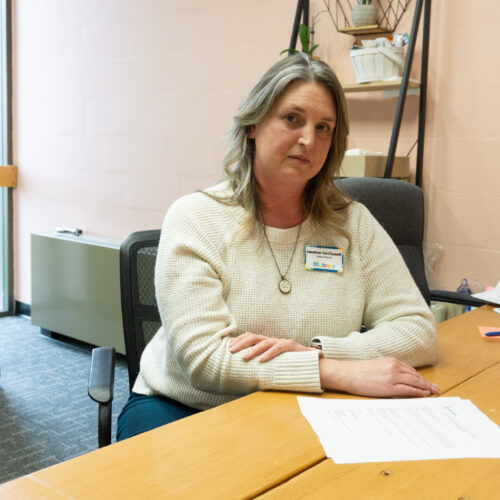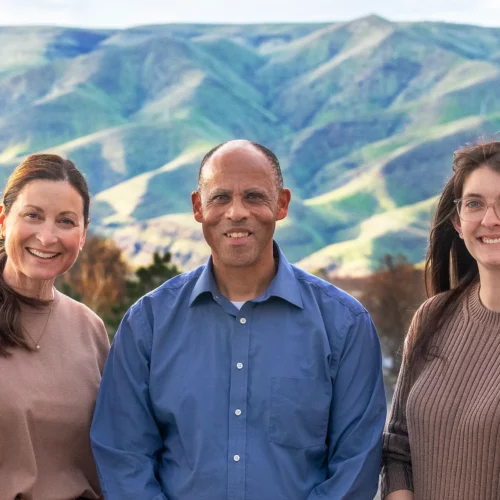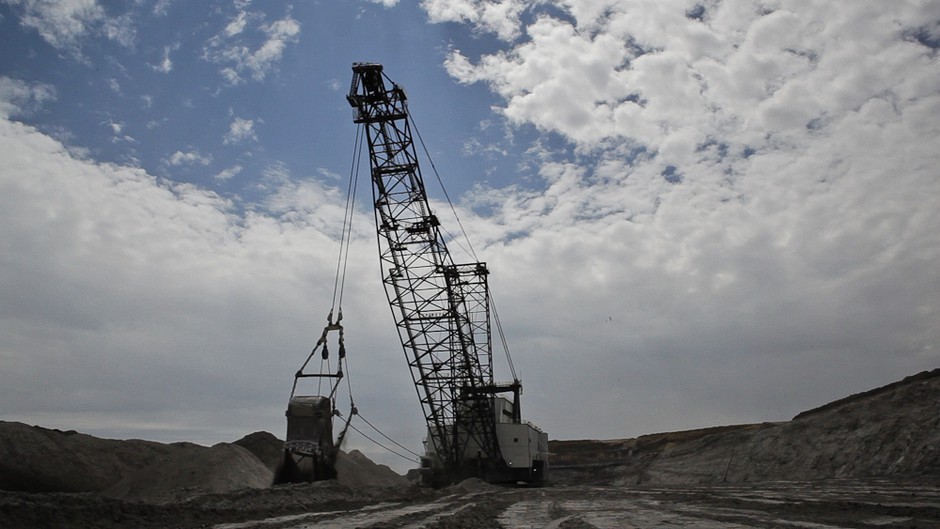
Proposed Southwestern Washington Coal Export Terminal Dealt A Blow By Appeals Court
Read On
A coal company has been dealt another legal blow in its attempt to build an export terminal on the lower Columbia River.
The Washington Court of Appeals upheld a lower court ruling Tuesday that was being challenged by Millennium Bulk Terminals and Northwest Alloys Inc.
During the past decade as many as six projects have been proposed to transport coal by rail from Wyoming to ports in the Pacific Northwest. From there, the fossil fuel would be shipped to Asia. All but one — the Millennium Bulk project in Longview, Washington — has folded.
That project’s backers had gone to court after being denied a sublease of state-owned, sub-aquatic land at the Columbia in 2017.
A Washington superior court rejected their challenge. And now, the Washington Court of Appeals has upheld that decision.
If built, Millennium would be the largest coal export facility in North America, sending up to 44 million metric tons across the Pacific annually. Opponents have fought projects like Millennium, saying they posed the immediate environmental risks of water pollution from a derailment along the Columbia and air pollution from coal dust escaping from train cars.
Environmental opposition also has focused on the contribution that burning coal — among the most carbon-intensive fossil fuels — makes to global climate change and the problems that follow: more intense wildfire seasons, sea level rise, melting glaciers and the extinction of plants and animals that can’t adapt.
“The people of the Pacific Northwest strongly opposed dirty coal,” said Brett VandenHeuvel, executive director of Columbia Riverkeeper, in a prepared statement. “And we won. [The] decision will prevent the shipment of climate-wrecking coal around the world.”
Copyright 2019 Oregon Public Broadcasting. To see more, visit npr.org
Related Stories:
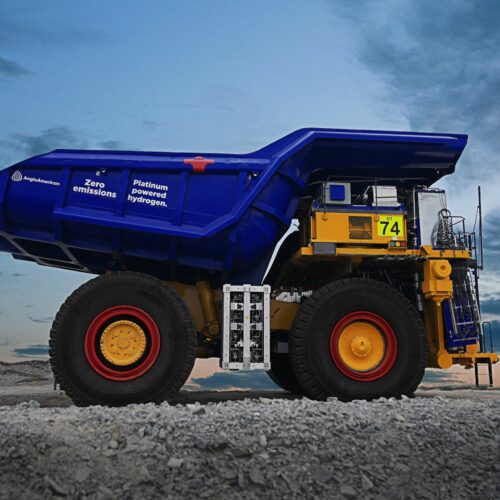
Battery-powered mining trucks to see test run in Lewis County
The site of the last coal-fired power plant in Washington state will soon be home to proving grounds for a carbon-emissions free mining truck.
The truck is a battery and hydrogen fuel cell powered vehicle, developed by Seattle-based First Mode, and it’s the largest emissions free vehicle in the world. Chris Voorhees, co-founder and chief product and technology officer at First Mode, said they’ve developed the technology to focus on decarbonizing the industry that provides the products that fuel our daily lives. Unlike other cleantech engineering focused on the consumer-end products like electric vehicles and solar panels, Voorhees said First Mode is looking at the opposite end of the supply chain.
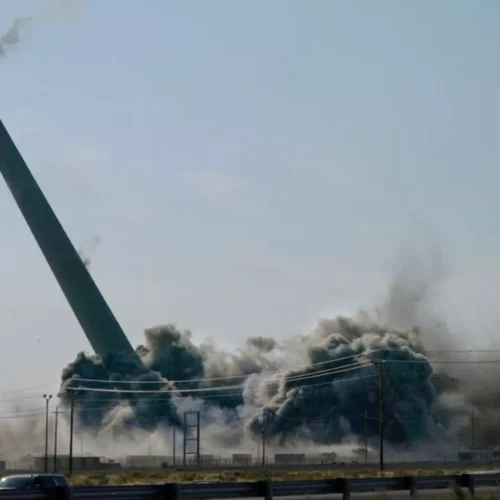
Explosive Demolition Of Boardman Coal Plant Underscores End Of Coal-Fired Electric Generation In Oregon
A demolition contractor on Thursday imploded the towering smokestack and 19-story boiler building at Portland General Electric’s shuttered coal-fired power plant near Boardman, bringing a symbolic close to the era of coal-fired power generation in Oregon. Imported electricity generated from coal still flows through transmission wires across the Pacific Northwest, but that looks to be winding down soon, too.
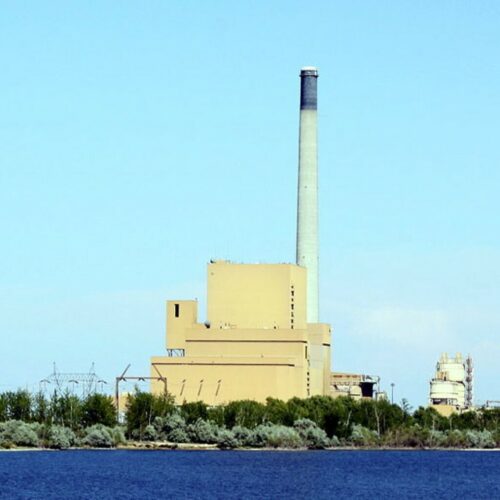
Northwest Energy Generation Continues To Green Up
Coal plant closures in the Northwest and an increase in natural gas generation meant fewer heat-trapping carbon dioxide emissions recently contributed to climate change, according to new data from the Northwest Power and Conservation Council.


